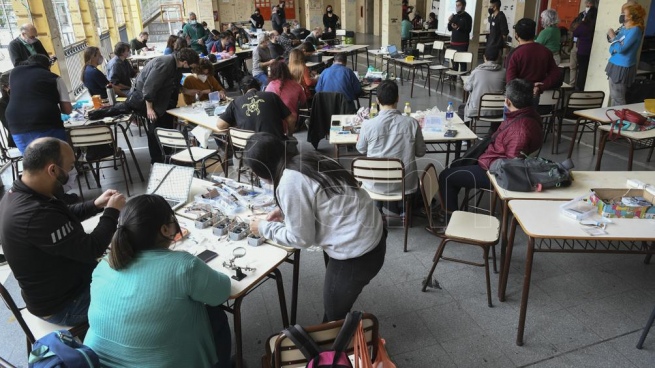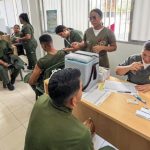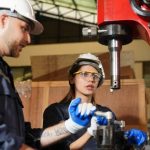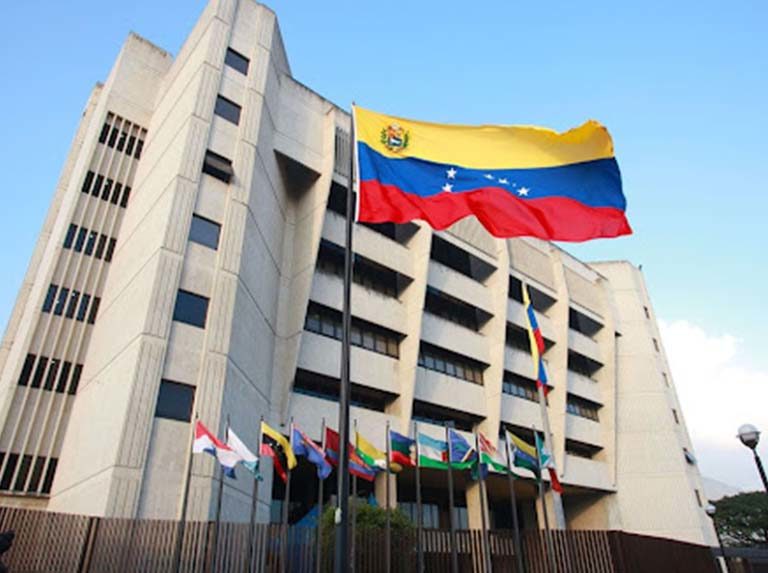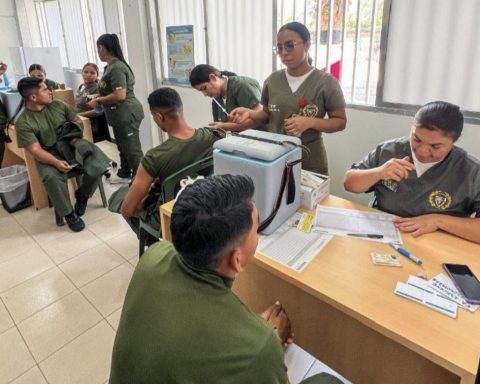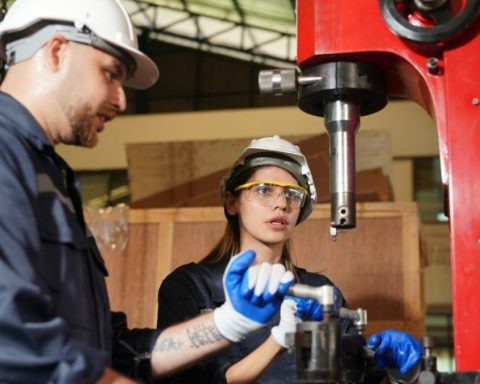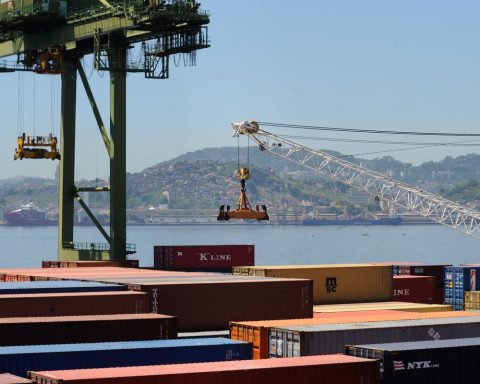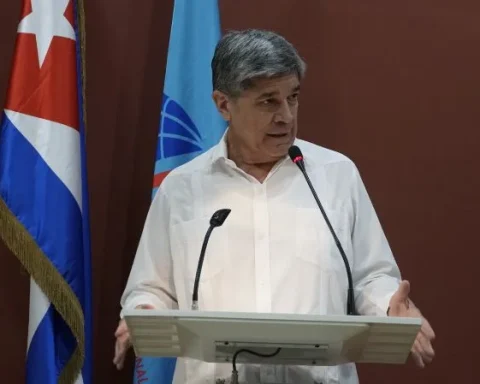The General Director of Culture and Education of Buenos Aires, Alberto Silonimet this Monday with the teachers unionswith whom he analyzed the investments and work plans underway to solve heating problems in schools, and in this context he assured that they continue “working very hard to resolve” this issue that affects “all 350 buildings“.
“It was a respectful meeting, in which we informed the unions that make up the Buenos Aires Teachers Unity Front on an issue that is a pressing issue today, and that has to do with the lack of heating in Buenos Aires schools,” Sileoni told Télam.
He explained that in the meeting held this Monday “we stated that we have around 11,000 public buildings for initial, primary, secondary and special education and that a 2020-2021 infrastructure census determined that there were 1,967 schools with gas problems, 1,200 of them had no supply totally or partially“.
“After a very important investment, which we made through school councils and more than 1,500 major projects, today we have a remnant of 350 buildings that have supply problemsmany have completed the work and are waiting for the clearance inspection,” said the head of the educational portfolio.
He remarked that “we have reduced the problem but we recognize that for those who do not have gas the comparison (between the buildings with problems encountered by this management and what was done by the Government of Axel Kicillof) is not very useful, because at this moment there is a right that is not fulfilled”.

“We raised these issues, they gave us some interesting observations regarding actions with school boards and management issues that we have taken,” he said.
Sileoni assured that “we continue to work very hard to solve the problems or at least reduce it to its minimum expression.”
Behind the suspension of classes in some schools and reduction of class hours in others, the Union Unity Front -composed of the unions FEB, Suteba, sadop, AMET Y Udocba– requested the meeting with the minister to “give specific treatment to the priority conditions for the development of classes in the period of low temperatures in the Buenos Aires Schools”.
A statement from the Buenos Aires Teaching Unity Front released after the meeting recognized that the growth of investment by the Buenos Aires government in infrastructure works is “unprecedented”, despite which it claimed “due to the problems pending resolution that affect the normal operation of more than 400 schools, according to our own survey”.
In addition, the teachers’ unions asked for “greater monitoring by the General Directorate of Culture and Education (DGCyE) on the responsibilities of the School Councils and the Municipalities that receive the Educational Financing Fund and must invest in infrastructure.”
“The educational authorities reported that the budget for infrastructure is exceeding $15,000 million in 2022, which was allocated $2,100 million to improve gas facilities, $375 million was sent to the School Councils for repairs and the purchase of artifacts, and 1,552 interventions in school buildings,” detailed the union statement.
The FUDB met with the DGCYE about heating in all schools ? and addressing conflict situations
Note ? https://t.co/0neweLaOY4 pic.twitter.com/E0g6oaRnrc
— SUTEBA Province (@SUTEBAProvincia) June 6, 2022
According to the unions, the DGCyE recognized that “350 buildings remain with heating problemsin which work is being done to solve them” and the provincial portfolio recalled that “at the beginning of the management there were 1967 buildings of the mandatory levels with serious problems in the gas installations”.
In response to information from the General Directorate of Culture and Education in Buenos Aires, the Front “insisted on the need for prompt resolution of the problems so that all schools in the province have guaranteed operating conditions according to current regulations.”
On the other hand, the Bonaerense Teaching Unity Front took up proposals linked to the repeated situations of conflict and violence that are expressed in schools, demanding the systematic call to the interministerial sphere for the analysis and approach of this type of manifestations of social conflict.
In addition, the unions urged the formation of District Intersectoral Tables, to intervene comprehensively from the territory in the face of this type of complex situation.
